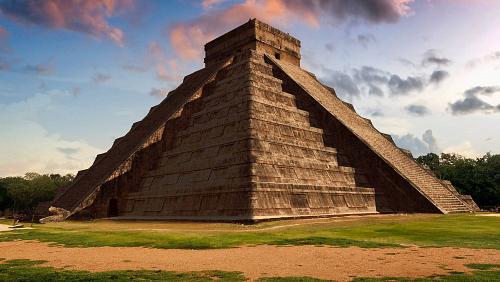The Bahamas is known for its beautiful beaches, vibrant culture, and stunning natural beauty. However, like many other countries, it is also facing significant challenges when it comes to waste management and environmental sustainability. In recent years, the Bahamas has made a commitment to investing in incinerator technology as part of its efforts to address these challenges and reduce its environmental impact.
The Bahamas’ investment in incinerator technology is a significant step forward in the country’s efforts to promote sustainable waste management practices and reduce its reliance on landfills. Incinerators are a more sustainable alternative to traditional landfill disposal methods, as they reduce the volume of waste and minimize the environmental impact of waste disposal. By investing in incinerator technology, the Bahamas is demonstrating its commitment to protecting the environment and promoting a more sustainable future for its citizens and visitors.
One of the key benefits of incinerator technology is its ability to reduce the volume of waste that ends up in landfills. Traditional landfill disposal methods are not only environmentally harmful, but they also take up valuable land and can pose a threat to public health and safety. Incinerators offer a more efficient and environmentally friendly alternative to traditional landfill disposal, as they can significantly reduce the volume of waste that ends up in landfills. This helps to conserve valuable land resources and reduce the environmental impact of waste disposal.
Furthermore, incinerator technology can also generate energy from waste, providing a sustainable and renewable energy source for the Bahamas. Waste-to-energy incineration facilities can generate electricity by burning waste materials, providing a more sustainable alternative to traditional fossil fuel-based energy sources. This not only reduces the environmental impact of waste disposal but also helps to diversify the Bahamas’ energy sources and reduce its reliance on fossil fuels.
The Bahamas’ investment in incinerator technology also demonstrates its commitment to reducing greenhouse gas emissions and mitigating the impact of climate change. Traditional waste disposal methods can result in the release of greenhouse gases such as methane, which is a major contributor to climate change. By investing in incinerator technology, the Bahamas is taking proactive steps to reduce its greenhouse gas emissions and minimize its impact on the environment.
Additionally, incinerator technology can also help to reduce the risk of public health and environmental hazards associated with traditional landfill disposal methods. Landfills can pose a threat to public health and safety by contaminating local water sources, emitting harmful odors, and attracting pests and vermin. Incinerators provide a more controlled and hygienic alternative to traditional landfill disposal, helping to protect public health and the environment.
The Bahamas’ investment in incinerator technology is a positive and proactive step toward addressing the country’s waste management and environmental sustainability challenges. By embracing more sustainable waste management practices and investing in innovative incinerator technology, the Bahamas is demonstrating its commitment to protecting the environment, promoting public health and safety, and securing a more sustainable future for its citizens and visitors.
FAQs:
1. How does incinerator technology work?
Incinerator technology works by burning waste materials at high temperatures, reducing the volume of waste and producing energy in the process. The heat generated from burning waste can be used to produce steam, which can then drive turbines to generate electricity. This process not only reduces the volume of waste that ends up in landfills but also provides a sustainable and renewable energy source.
2. Is incinerator technology safe for the environment and public health?
When properly designed, operated, and maintained, modern incinerator technology is safe for the environment and public health. Advanced air pollution control systems and emission monitoring technologies can help to minimize the environmental impact of incinerator facilities and ensure that they comply with strict environmental regulations.
3. What are the benefits of investing in incinerator technology?
Investing in incinerator technology offers several benefits, including reduced waste volume, energy generation from waste, reduced greenhouse gas emissions, and improved public health and safety. Incinerator technology provides a more sustainable and environmentally friendly alternative to traditional landfill disposal methods, helping to protect the environment and promote a more sustainable future.
4. How does incinerator technology help to reduce the impact of climate change?
Incinerator technology can help to reduce the impact of climate change by minimizing the release of greenhouse gases from waste disposal. By burning waste materials at high temperatures, incinerator facilities can significantly reduce the emission of methane, a potent greenhouse gas, and mitigate the impact of climate change.
In conclusion, the Bahamas’ investment in incinerator technology demonstrates its commitment to environmental sustainability and sustainable waste management practices. By embracing more sustainable alternatives to traditional landfill disposal methods and investing in innovative incinerator technology, the Bahamas is taking proactive steps to protect the environment, promote public health and safety, and secure a more sustainable future for its citizens and visitors.








